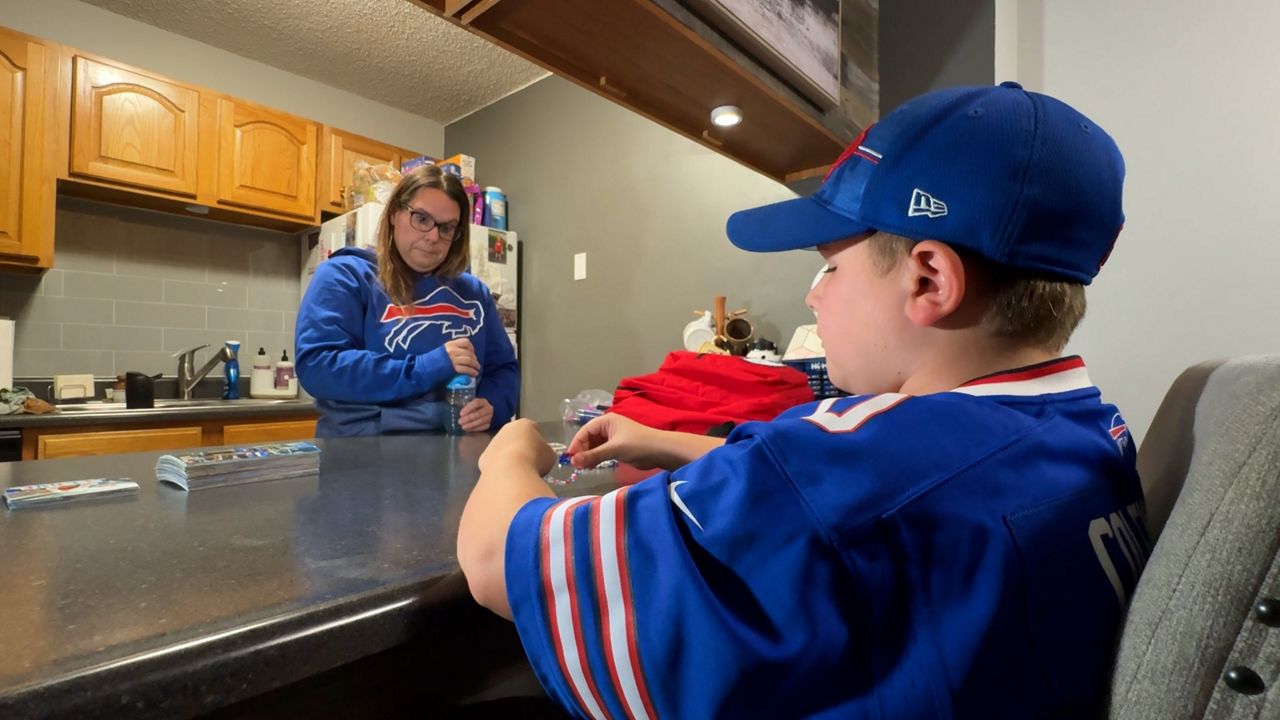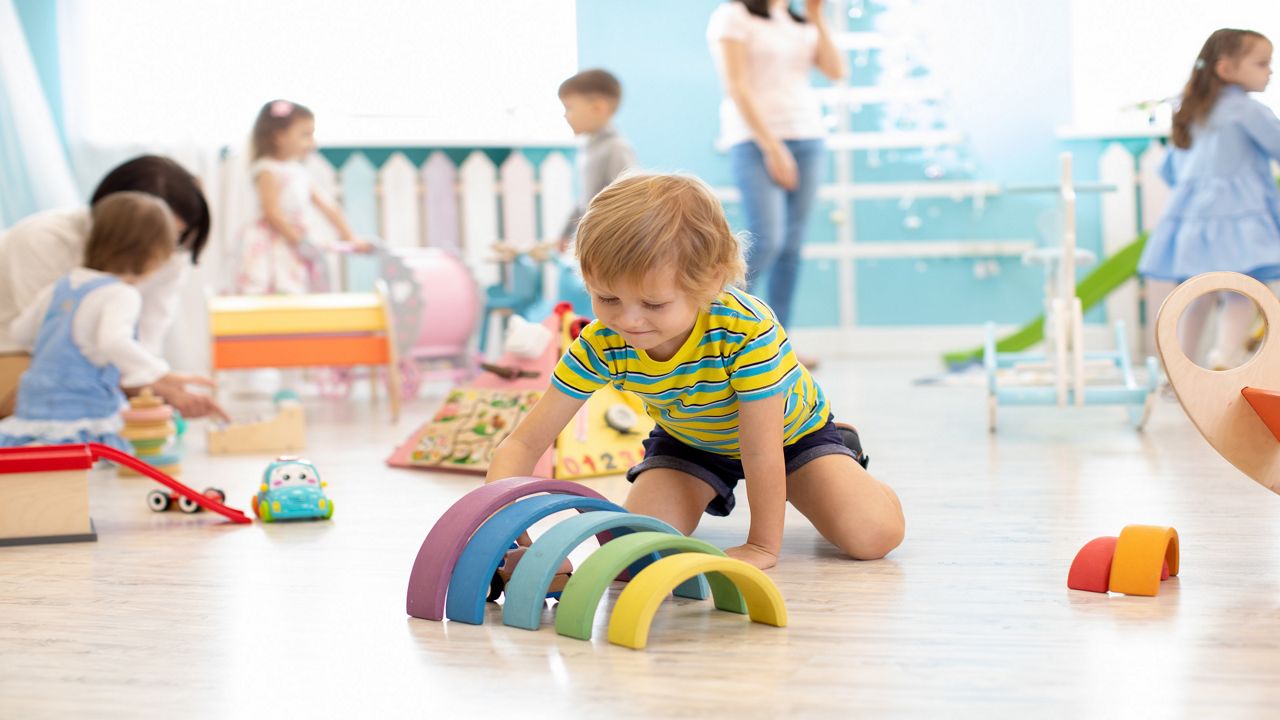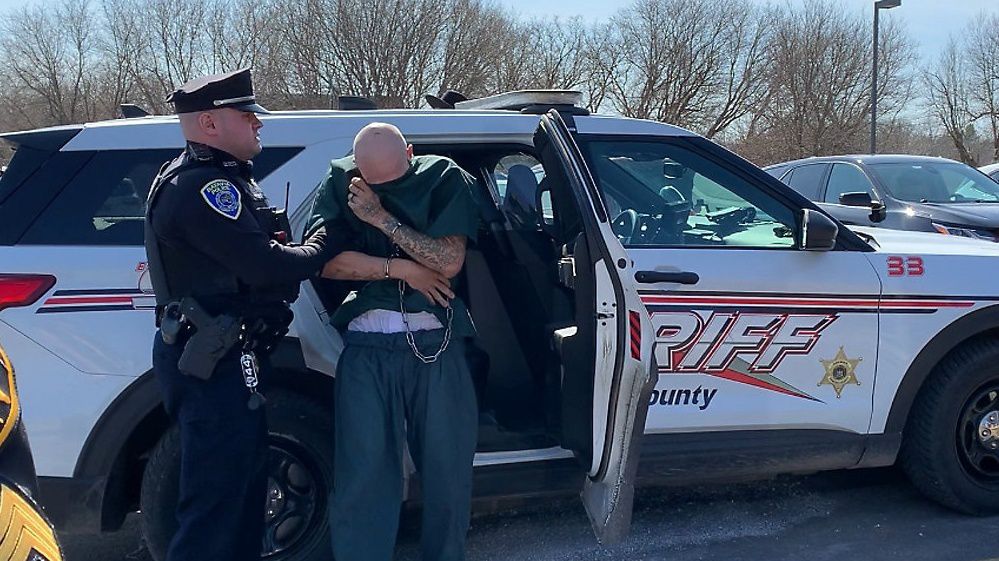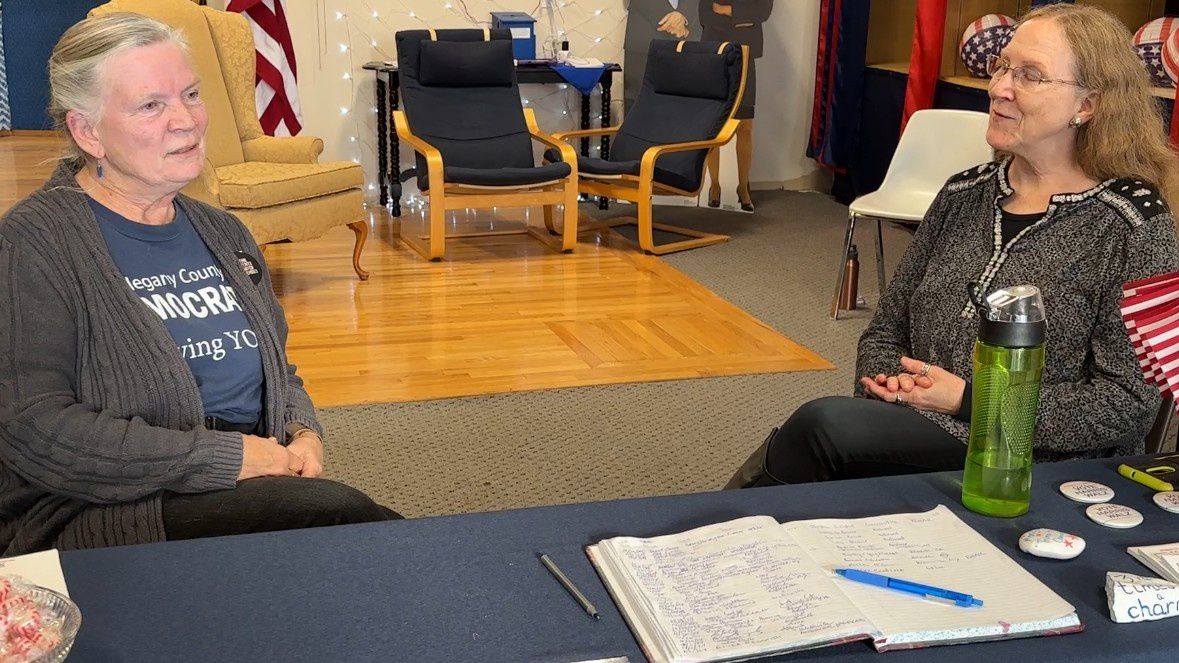BUFFALO, N.Y. — Although the holidays are behind us, respiratory virus season is in full swing. And with things like COVID-19, respiratory syncytial virus (RSV) and the flu, some people are at higher risk than others.
“This is a gift that you don’t want to receive, nor do you want to give it to others,” said Dr. Thomas Russo, professor and chief of infectious disease for the University at Buffalo. “The individuals that are at greatest risk are older individuals, 50 and up, individuals that have significant underlying diseases, pregnant women and immunocompromised individuals."
Children in the first year of life are also at risk for these diseases since their immune system isn’t fully developed.
“I think a lot of people have a false sense of security because we’ve been in a good place with influenza and COVID. We really haven’t had a whole lot out there,” he said.
But with the cold weather here to stay, these illnesses are creeping up again.
“A number of individuals across the country and even here in Western New York are starting to come down with RSV, influenza and COVID infections, and there's little question that these rates are gonna increase significantly within the next couple weeks,” Russo said.
Which is why experts advise to have fun, but take precautions this time of year.
“There's three important things that everyone can do. First, please get vaccinated, both your flu vaccine and your COVID vaccine,” Russo said, adding that although the vaccines aren’t perfect in preventing infection, they minimize the likelihood of developing severe disease or long COVID, especially as the COVID continues to evolve.
Russo also suggests just testing to make sure, even if you feel fine since COVID can come with mild or no symptoms.
“Secondly, if you’re sick, please stay home. Do not pass whatever you have onto others. Lastly, you should get tested as soon as possible for COVID once you start feeling unwell," he added. “We’d all like to forget about COVID and put it in the review mirror but unfortunately thats not the case."












